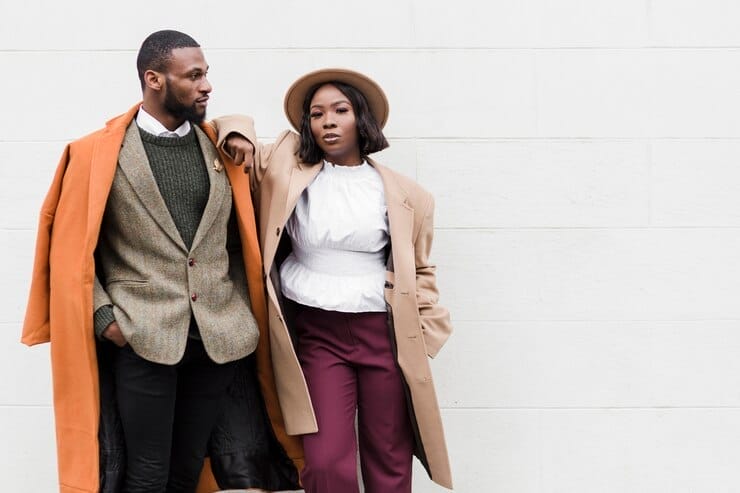As Africa’s fashion scene gains global momentum, a new generation of designers is capturing international attention with bold aesthetics, cultural authenticity, and a commitment to ethical production. Among the continent’s most influential players are a number of brands that are not only reshaping African fashion but also asserting Africa’s presence on the global stage. Here’s a closer look at five rising labels that exemplify this transformation.
ALSO READ: Top 5 African Fashion CEOs Redefining Global Style
1. Tongoro (Senegal)
In Senegal, Tongoro has emerged as a symbol of accessible luxury and local empowerment. Founded by Sarah Diouf in 2016, the brand is committed to 100% African production, from sourcing to manufacturing. Tongoro stands out for its striking yet wearable designs, inspired by the vibrancy of African life and culture. Its collections have achieved global recognition, particularly after pop icon Beyoncé featured the brand in her visual album Black Is King. Diouf’s vision blends fashion with social impact, aiming to build a stronger manufacturing ecosystem in West Africa while making contemporary African fashion more visible worldwide.
2. Loza Maléombho (Ivory Coast)
Ivory Coast’s Loza Maléombho brings a unique fusion of architectural design and traditional aesthetics. The brand, founded by its namesake designer in 2009, champions a futuristic, afro-modernist style that challenges conventional silhouettes. Maléombho’s work draws heavily from her multicultural background, spanning Brazil, the United States, and West Africa, making each piece a narrative of blended identities. With a sharp focus on sustainability and ethical labor practices, her brand not only celebrates African heritage but also contributes meaningfully to the continent’s creative economy.
3. Studio 189 (Ghana)
Operating between Ghana and the United States, Studio 189 bridges continents and communities. Co-founded by actress Rosario Dawson and fashion executive Abrima Erwiah, the brand promotes social enterprise, artisan empowerment, and sustainable practices. Each collection is handcrafted by communities in Ghana and employs traditional techniques such as batik, kente weaving, and natural dyeing. Studio 189’s strong commitment to community development and creative collaboration has earned it accolades from the CFDA and partnerships with global retailers including Farfetch and Nike.
4. Chichia London (Tanzania)
From East Africa, Chichia London, led by Tanzanian designer Christine Mhando offers a vibrant take on Afro-contemporary style. The brand is known for its playful use of khanga prints, reimagining traditional East African textiles for a global fashion audience. Focused on ethical manufacturing and small-batch production, Chichia blends cultural heritage with modern silhouettes. The brand has been showcased on runways from London to Lagos and is praised for its dedication to authenticity, female empowerment, and responsible fashion practices.
5. Kenneth Ize (Nigeria)
Rounding out the list is Kenneth Ize, a Nigerian designer whose meteoric rise has made him one of Africa’s most prominent fashion figures. Renowned for reviving the ancient aso-oke fabric through a modern lens, Ize’s brand combines traditional Nigerian weaving techniques with sleek, contemporary tailoring. His Paris Fashion Week debut in 2020 signaled a major milestone for West African fashion. With strong backing from global icons like Naomi Campbell and a finalist position in the LVMH Prize, Kenneth Ize continues to break barriers while promoting heritage craftsmanship and local artisan empowerment.
Together, these five brands represent a broader shift in how African fashion is being created, consumed, and celebrated. More than mere clothing labels, they are vehicles for economic empowerment, cultural storytelling, and sustainable development. In an industry long dominated by Western aesthetics and supply chains, their presence signals a rebalancing, where African innovation, identity, and influence take center stage.
As global demand for diverse voices and ethical fashion grows, these brands are not just keeping pace, they’re setting the standard. With authentic narratives and locally grounded practices, they are forging a new fashion frontier where Africa is not the inspiration, but the origin.

